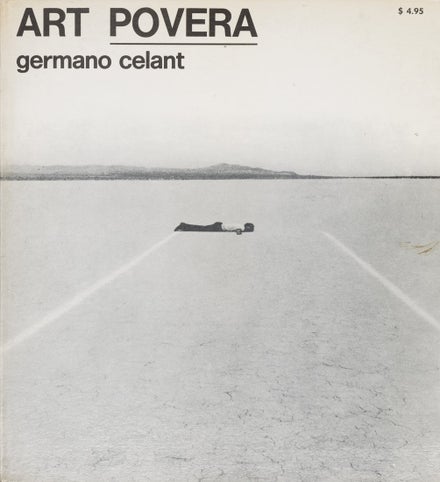Millie Small was the singer of “My Boy Lollipop” (1964), her only hit.
She was the first Jamaican artist to break through to an international audience.
Did this mean international recognition for ska and reggae?
Well, not exactly, “My Boy Lollipop” was considered a novelty song rather than ska or reggae.
Thus reggae’s invasion into the mainstream actually only began that same year in the United Kingdom with songs such as “Al Capone” (1964) and “Guns of Navarone” (1964).
But in the United States, the wait was for 1969 with “The Israelites” (1968) to give reggae international repute and recognition.

